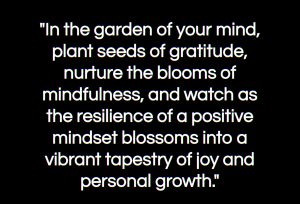As we immerse ourselves in the month of February, the air is filled with a palpable sense of love and connection. It’s a time when we celebrate relationships in all their forms, from romantic partnerships to friendships and familial bonds. Whether you’re planning a special Valentine’s Day celebration with your significant other or simply cherishing the companionship of loved ones, February offers us an opportunity to reflect on the power of connection in our lives.
Reflecting on Relationships
At the heart of February lies a celebration of relationships—those intricate webs of connection that enrich our lives and give us a sense of belonging. Take a moment to reflect on the relationships that matter most to you. Who are the people that bring joy, love, and support into your life? What qualities do you value most in your relationships, and how do they contribute to your overall well-being?
Nurturing Love and Connection
Love is more than just a fleeting emotion; it’s a dynamic force that nurtures and sustains us. Whether it’s through acts of kindness, expressions of affection, or simply being present for one another, love has the power to transform our lives in profound ways. Consider how you can cultivate love and connection in your daily interactions. How can you show appreciation for the people you care about and strengthen the bonds that unite you?
Celebrating the Power of Connection
In a world that often feels fragmented and disconnected, February serves as a reminder of the importance of forging meaningful connections with others. Take this opportunity to reach out to someone you haven’t spoken to in a while or make plans to spend quality time with loved ones. Whether it’s a heartfelt conversation over coffee or a fun-filled outing with friends, cherish the moments of connection that bring richness and depth to your life.
Reflective Questions
- Who are the people that bring love and joy into your life, and how do you express gratitude for their presence?
- In what ways do you nurture and strengthen your relationships during the month of February?
- How do you navigate challenges and conflicts within your relationships, and what strategies do you employ to foster understanding and reconciliation?
Creative Activity
Create a Love and Connection Jar: Take a jar or container and decorate it with symbols of love and connection, such as hearts, flowers, or meaningful quotes. Throughout the month of February, write down moments of love, gratitude, and connection on small slips of paper and place them in the jar. At the end of the month, take time to read through your notes and reflect on the abundance of love and connection in your life.











